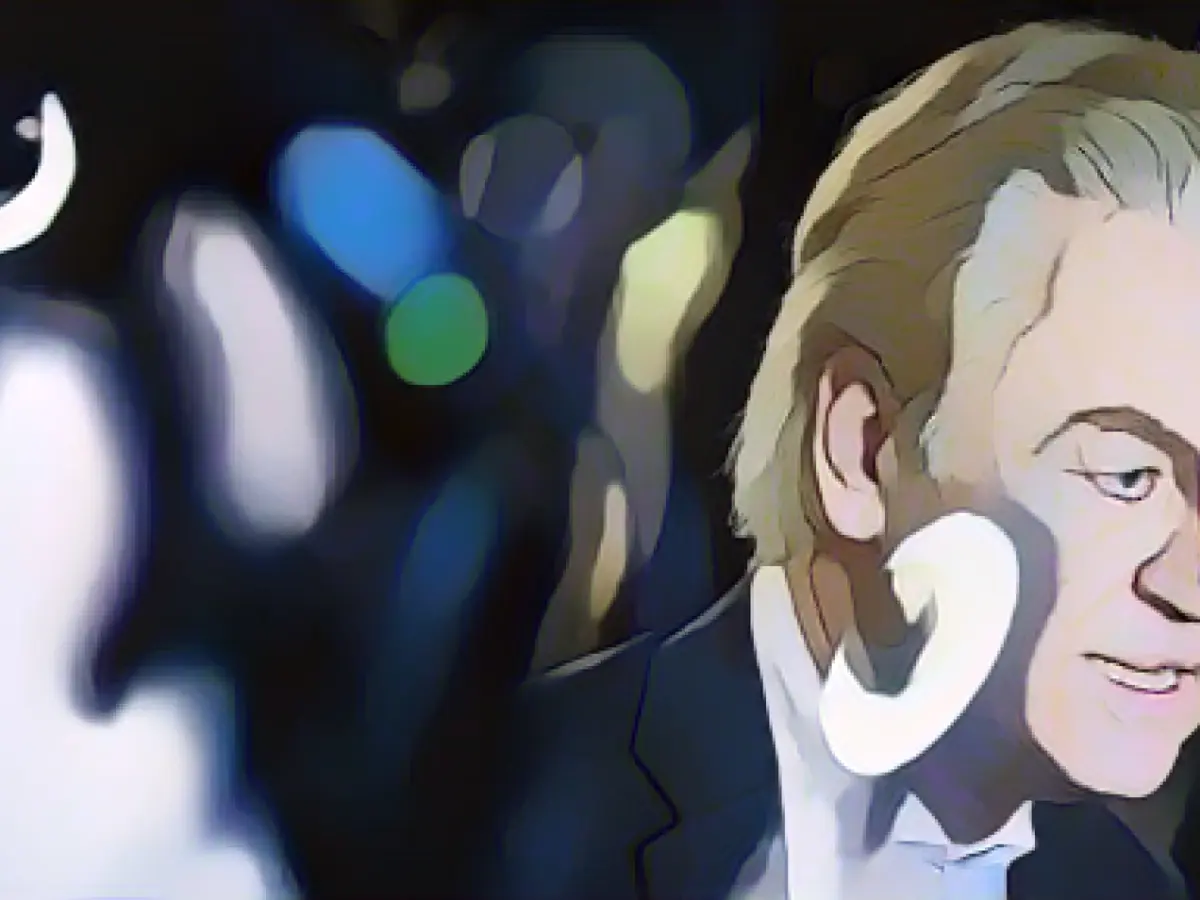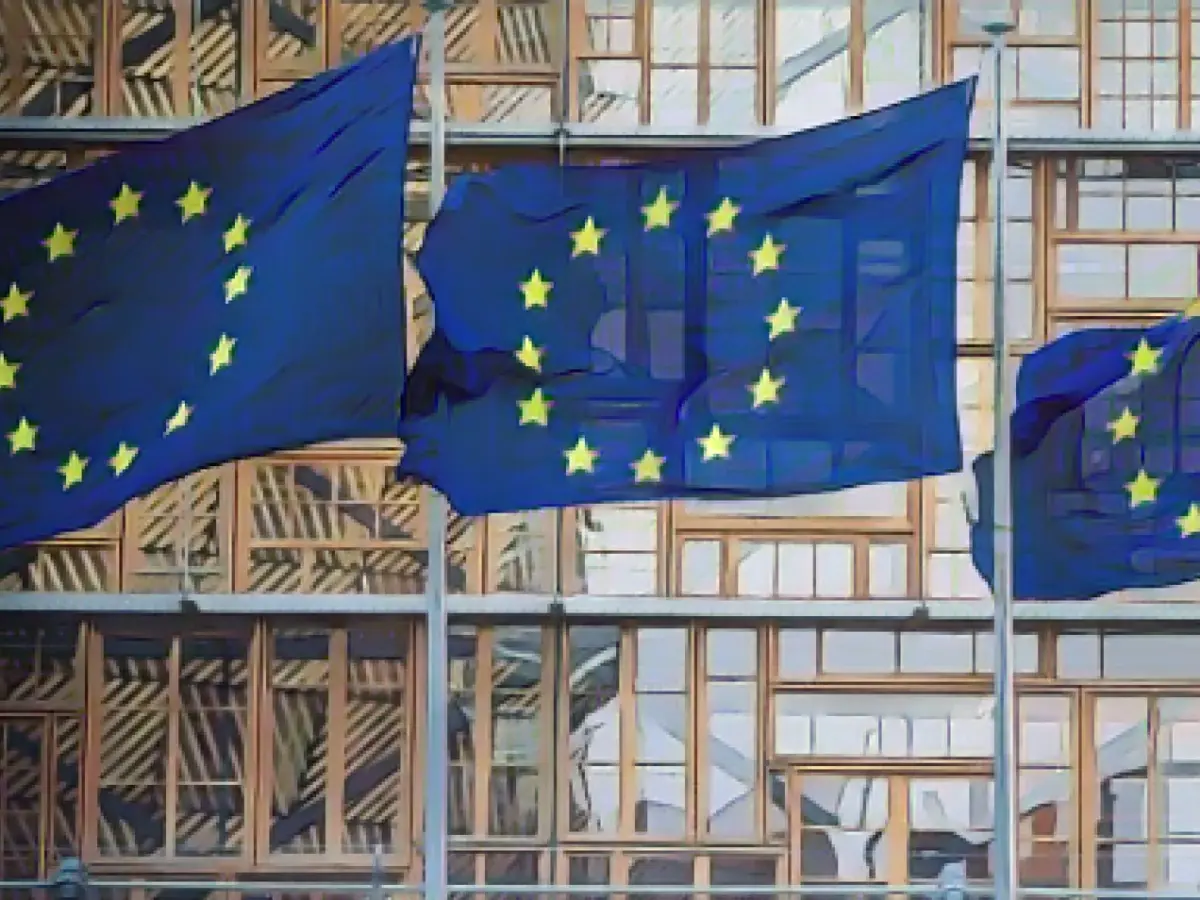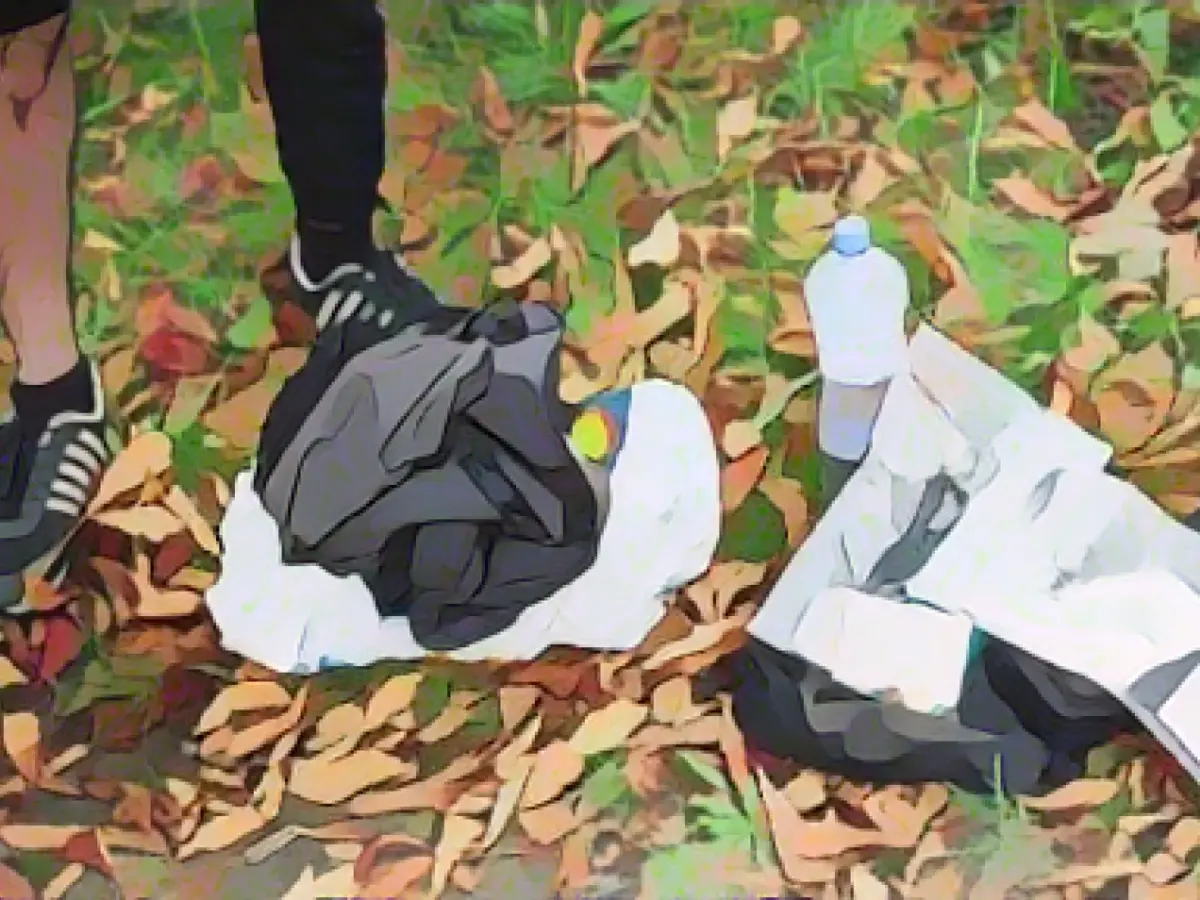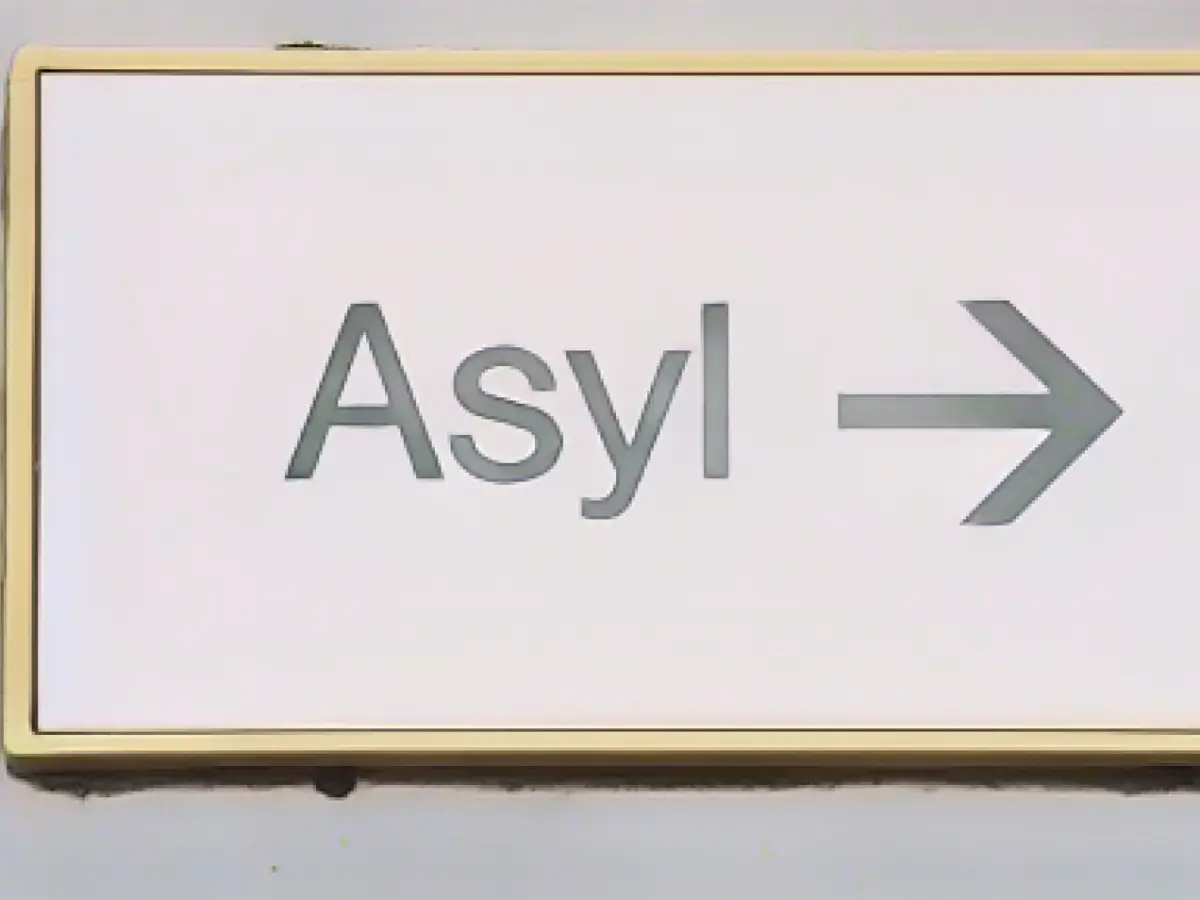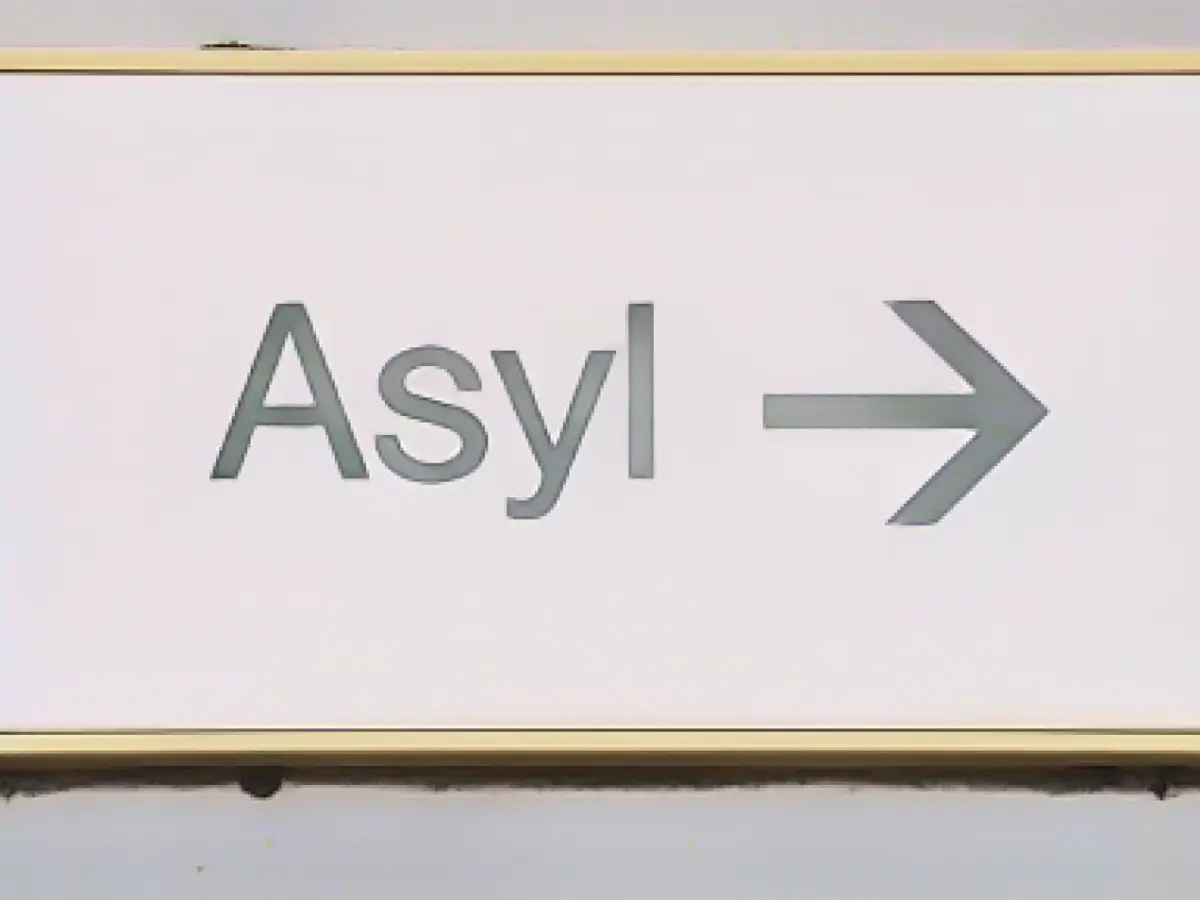In the heart of The Hague, Geert Wilders and his Party for Freedom (PVV) find themselves in a precarious position: forge a government or fade into irrelevance. Fresh off a major victory, Wilders wields significant power as a kingmaker, seeking partners to share authority. But tensions abound, trust is scarce, and the true intentions of this right-wing firebrand remain a mystery.
Option 1: The Conservative Crusade
Wilders has proposed an alliance with the VVD, the right-wing liberal party led by departing Prime Minister Mark Rutte, along with the new center-right party, New Social Contract (NSC), and the populist Peasant Citizens' Movement (BBB). This coalition would manifest the Netherlands' most conservative government ever, boasting widespread support, per polls.
United in principle, these parties could swiftly agree on one matter: slashing asylum seeker numbers. However, Wilders promises affordability enhancements: more funds, fewer taxes, and cheaper shopping and healthcare. His partners, however, balk at the potential economic burden.
The VVD and NSC harbor reservations, voiced by Dilan Yesilgöz of the VVD and Pieter Omtzigt of the NSC. They avoid aligning with a government that may exacerbate the country's economic struggles.
Option 2: A Delicate Balance
Yesilgöz suggested a minority government, with the VVD backing Wilders but shying away from appointing ministers, maintaining some political leverage without direct policy responsibilities. Wilders, for his part, remains hopeful.
Omtzigt, however, harbors deep reservations. As the founder of the NSC, he upholds the rule of law, and thus demands strict conditions before negotiations commence. Wilders must suspend policy proposals that contradict the rule of law and the constitution temporarily.
Geert Wilders, the Political High-Wire Act
Now, Wilders teeters on the political tightrope. He must both appease his voters and address partners' apprehensions, a precarious act. Many question Wilders' willingness to compromise, fearing his combative rhetoric clashes with the Netherlands' consensus-driven political culture.
Furthermore, Wilders' tight grip on the PVV comes at a cost. His rigorous control of dissenting voices within the party could impact the party's sustainability if new challenges emerge when Wilders ascends to the prime minister's office in The Hague.
Only time will reveal if Wilders' delicate alliance can survive the complex political landscape of the Netherlands, or if his plans may soon crumble like a house of cards.
Enrichment Insights
- Differing policies on international students and Ukraine aid may lead to conflicts within the coalition.
- The populist radical right's influence on policy matters could lead to internal strife within the coalition.
- The PVV's electoral base is strong but may limit their ability to form a majority government.
- Public opinion on EU and international issues might contrast with the PVV's stance, impacting their ability to establish a stable government.
- Building a coalition with the VVD, NSC, and BBB will require significant compromises, particularly on issues like international aid and climate policies.
- Historical controversies within the PVV, including accusations of antisemitism and homophobia, may challenge the party's ability to form a cohesive government.
- Advocating for a technocratic government with apolitical experts may conflict with traditional political structures, leading to implementation challenges within the coalition.
